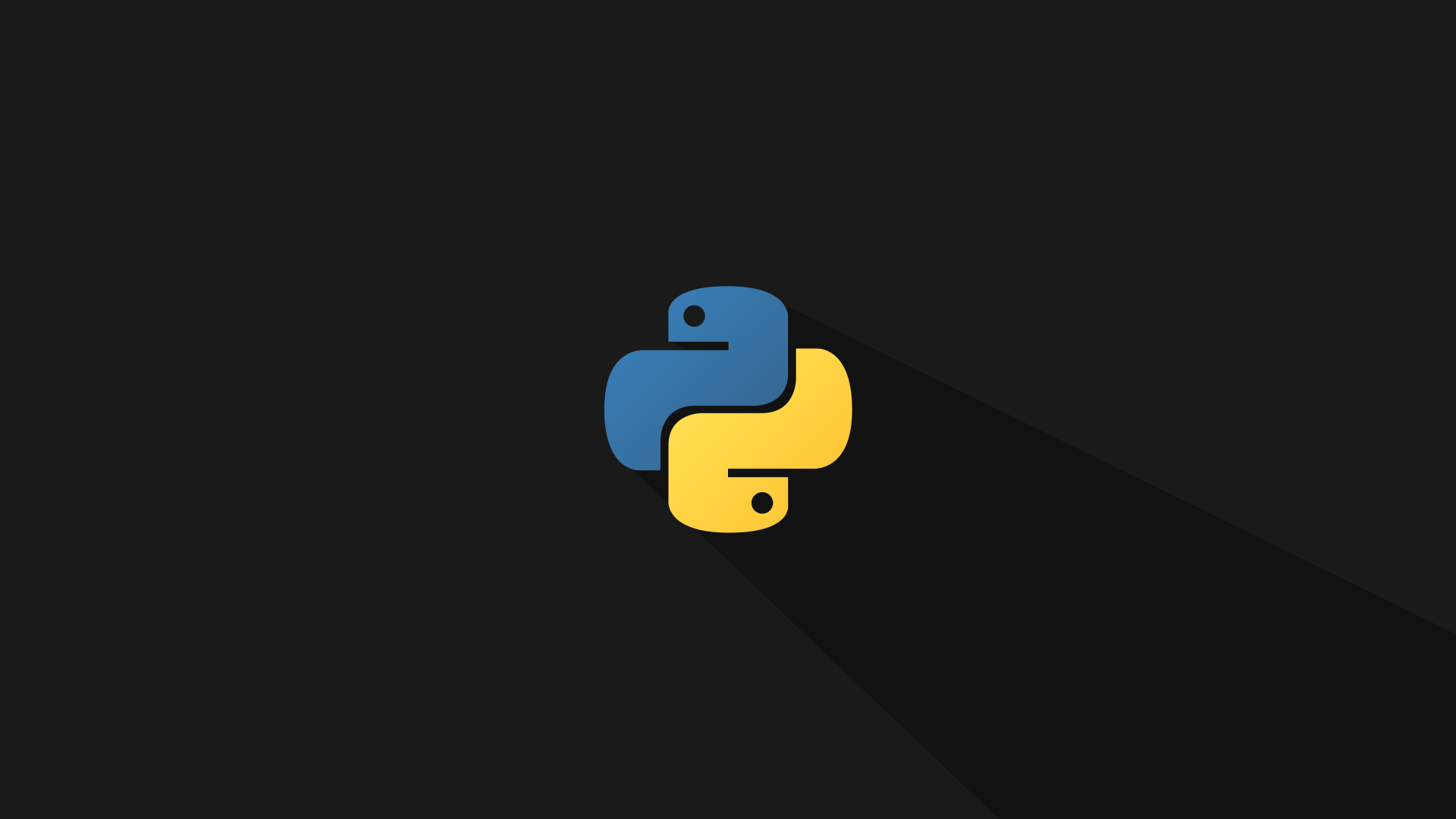Grasp the fundamentals before jumping into machine learning and programming. You’ll cover statistics, probability, regression analysis, clustering, classification, and Bayesian thinking.
Master the basics of Python and SQL. Understand relational databases and how to query them using structured query language (SQL).
Practice data wrangling skills while working on datasets on helicopter prison escapes, predicting the weather, and translating languages. Implement machine learning algorithms like linear regression and deep learning.
Getting Started
Data science is a broad field and learning it requires dedication and a well-structured approach. You will want to start with a basic understanding of mathematics and statistics. You will also want to learn a programming language. Python and R are common choices. It is also important to familiarize yourself with database management systems, and it will help if you have a working knowledge of spreadsheet software like Excel and Tableau.
Once you have a solid grasp of these concepts, you will need to learn how to use the tools and techniques that data scientists rely on to do their work. This includes knowing how to source data, clean it and extract insights. You will also need to be able to communicate these findings through data visualizations and storytelling. You will need to understand the principles of machine learning, natural language processing and deep learning, as well. These skills will allow you to build and run predictive analytics algorithms.
Mathematics
Mathematical concepts are essential to the field of data science. Programming languages are based on mathematical logic, so you will need to have a strong understanding of algebra and calculus. You will also use your knowledge of linear algebra and matrix-based data representation as you learn about machine learning algorithms.
In particular, you’ll need to understand the mathematics behind matrix multiplication and scaling. Similarly, you’ll need to understand vectors and spaces. Moreover, you’ll likely encounter graph theory frequently when building machine learning models, as it’s at the heart of many optimizations, such as finding optimal routes in shipping systems or building fraud detection systems.
You’ll also need to know some statistics – the part of math that deals with probabilities and sample distributions. This is important for understanding the results of your data analysis and choosing the right model for a given problem. You’ll need to understand the concepts of multivariate calculus, which is a core component of machine learning.
Programming
In the data science world, programming is essential. It’s how data is collected, manipulated and transformed into insights, predictions or reports.
Several programming languages are used in data science, but the most popular is Python. It has a simple syntax and is easy to learn for beginners. It also has extensive libraries for data manipulation and visualizations.
Another important programming language is Structured Query Language (SQL), which allows programmers to interact with databases. A knowledge of SQL is essential for data scientists because it’s how they extract data from a database.
It’s also critical to know how to use machine learning algorithms. These are what data scientists use to detect patterns in a large dataset and make informed decisions. For example, machine learning can identify the differences between 3D medical images such as MRI scans and help save lives. It can also help lower the cost of business processes by automating manual tasks.
Databases
A data scientist needs to understand how to effectively store, retrieve and manipulate large volumes of structured data. This is where databases come in, as they provide a reliable structure for storing and organizing large datasets. They also ensure that the data remains accurate and up-to-date.
Additionally, databases can integrate with popular analytics and visualization libraries. This is why proficiency with SQL, the standard database language, is a must for any data scientist.
Data science involves uncovering valuable insights, making decisions and building predictive models using historical data. Without efficient access to and storage of that data, the process would be slow and difficult. Noble Desktop offers several classes and bootcamps that focus on different database systems and tools, including SQL. Learn more about them here!learn data science

